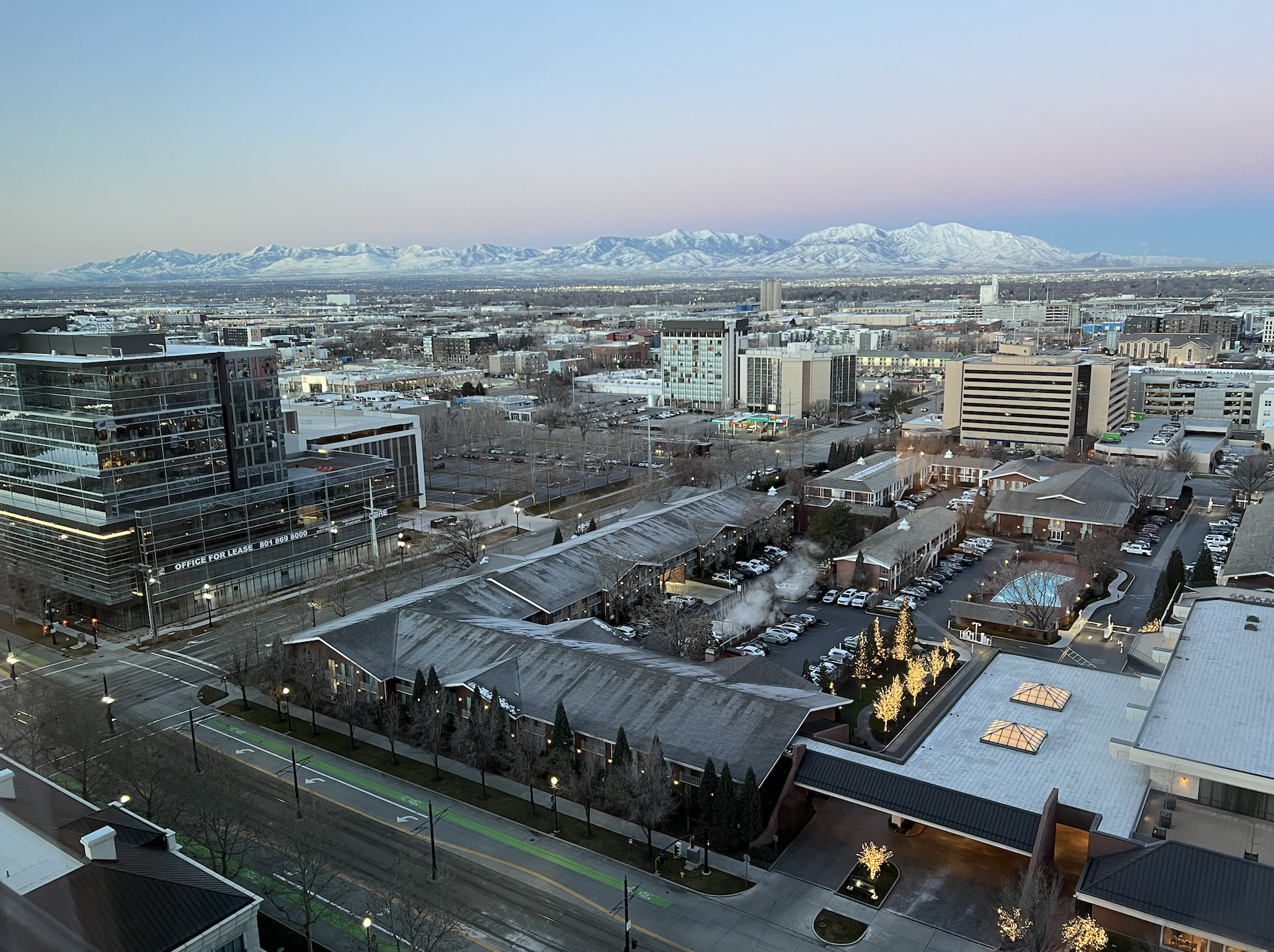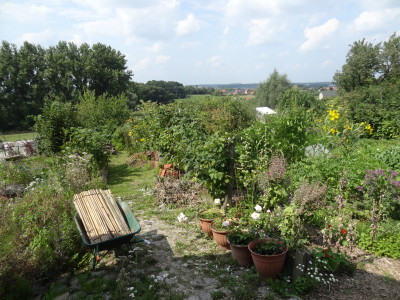One of the writers that I like to peruse here and there is Dave Pollard. I met Dave seven or eight years ago. He came to a leadership conference some friends and I were hosting. We shared a cab together on the way out.
Dave himself has a most interesting story. He shifted from high level corporate work to a level of walking out. Packing up the bags, getting rid of several of them, moving to the west coast. His writing is clear. Often on complex things. Not usually quick reads, but “settle in for a cup of tea” reads, making sure to have a marker in hand.
I read Dave’s post this morning: It’s Not Peak Oil, It’s Peak Affordable Oil. It’s his ability to think systemically that I appreciate. I’m not sure I completely follow all that he is saying, but it takes skill to work with that level of landscape that Dave writes about.
Here’s a passage that caught my attention:
What this conclusion misunderstands is that it’s not about running out of oil, it’s about running out of oil that our economy can afford to extract. If oil cost a million dollars a barrel to extract, we would never have mined most of it, the industrial revolution would have stalled a century ago, and human societies would quickly have reverted to a subsistence local agrarian existence with a much smaller human population and much, much less industry and technology.
Oil was a remarkable discovery. Each barrel replaces the equivalent of about 6 person-years of unassisted manual labour. Our industrial economy and global civilization have been built on the ability to employ cheap oil to do the work of billions of people for next to nothing. We continue to depend on that. Our GDP growth correlates precisely with the consumption of oil, and has essentially nothing to do with innovation, technological ingenuity, economies of scale or ‘doing more with less’. When we run out of affordable oil, the game is up.
Enjoy the full read. But get some tea, or coffee. Or better, book an hour during the day to give it full attention to engage with a friend.


